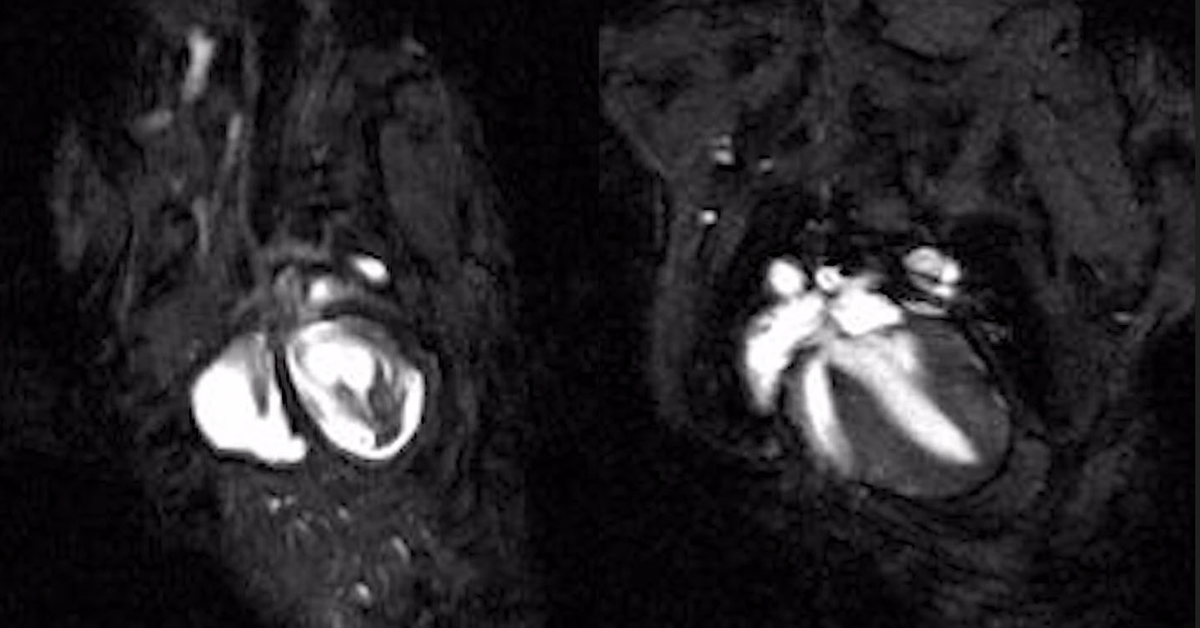Groundbreaking discovery made in long-term lupus treatment
Researchers achieved a groundbreaking milestone in the fight against lupus, a chronic autoimmune disease that affects millions worldwide

Australian researchers have achieved a groundbreaking milestone in the fight against lupus, a chronic autoimmune disease that affects millions worldwide. (CREDIT: Creative Commons)
Australian researchers have achieved a groundbreaking milestone in the fight against lupus, a chronic autoimmune disease that affects millions worldwide. Led by Monash University, the study, published in Nature Communications, unveils a novel approach to rectifying a defect inherent in lupus patients, offering a glimmer of hope for long-term effective treatment.
The crux of the discovery lies in reprogramming defective cells found in lupus patients using protective molecules sourced from healthy individuals.
Dr. Joshua Ooi, co-senior author of the study and head of Monash University’s Regulatory T Cell Therapies Group, elucidates, "We showed the effectiveness of this approach using human lupus patient cells, both in the test tube and in an experimental model of lupus kidney inflammation."
The treatment targets regulatory T cells (T-regs), which play a pivotal role in preventing autoimmune diseases by safeguarding against the immune system's misdirected attacks on the body's own tissues.
Related Stories
In individuals with lupus, however, this protective mechanism is compromised. Professor Eric Morand, co-senior author and Dean of Monash University’s Sub Faculty of Clinical & Molecular Medicine, describes the treatment's efficacy as "profound" and a "game-changer."
Unlike conventional immunosuppressant drugs, which broadly dampen immune activity and often result in harmful side effects, this innovative method offers a precise and targeted intervention. Professor Morand emphasizes, "The ability to target, specifically, the disease-causing immune defect, without the need to suppress the entire immune system, is a game-changer."
This groundbreaking research not only holds promise for lupus patients but also opens avenues for addressing a spectrum of autoimmune diseases including diabetes, rheumatoid arthritis, and multiple sclerosis. Dr. Rachel Cheong, one of the study's co-first authors, highlights the treatment's specificity, noting, "The great thing is that because the treatment is very specific, it doesn’t harm the rest of the immune system."
A Masters of Marketing graduate, Vu is completing psychological science post-graduate qualifications so she can counsel those who have the disease. (CREDIT: Monash University)
The journey towards this breakthrough was fueled by collaboration and dedication, with patients playing a crucial role. Associate Professor Ooi underscores the importance of patient involvement, stating, "This project relied on the generous involvement of patients, which enabled us to use human lupus cells every step of the way."
This research was supported by multiple national and international agencies, including the New-York headquartered Lupus Research Alliance, and was part of a body of work that won Professor Morand and Associate Professor Ooi the 2022 Victoria Prize for Science and Innovation in Life Sciences.
At the tender age of nine, Vu Nguyen, now 39, was confronted with the diagnosis of Lupus, marked by joint swelling and pain. Nearly three decades have passed since then, during which Vu has weathered a plethora of symptoms, endured kidney biopsies, and grappled with numerous hospitalizations. At 22, she suffered a stroke, a precursor to her current battle with epilepsy, stemming from her Lupus condition.
The journey to stabilize Vu's health was arduous, yet it ignited within her the determination to establish Lupus Victoria. Armed with a Master's degree in Marketing, Vu is currently pursuing postgraduate qualifications in psychological science, driven by a desire to provide counseling and support to fellow sufferers of the disease.
Sm-TCR Tregs act through a variety of mechanisms to suppress autoreactivity and restore immune tolerance. Tregs can suppress autoreactive B cells and autoantibody production, suppress pathogenic T cells, tolerize antigen-presenting cells such as dendritic cells, and can directly lyse inflammatory cells. (CREDIT: Nature Communications)
“My main symptoms are now bad functioning kidneys and my epilepsy,” Vu said. “With Lupus, it always changes. I'm currently in remission but I've had a lot of ups and downs with this disease. I think the lupus has made my body more prone to having the stroke and subsequent epilepsy. I am good at the moment. It's just the epilepsy that's currently attacking my body.
Vu's story epitomizes the challenges faced by lupus patients and underscores the urgent need for effective therapies. With clinical trials slated to commence in 2026, researchers are optimistic about the treatment's potential to transform the landscape of autoimmune disease management.
Pipeline for the development of antigen-specific Tregs for autoimmune disease. (CREDIT: Nature Communications)
The significance of this research extends beyond scientific realms, touching the lives of countless individuals grappling with autoimmune disorders. As Professor Morand aptly puts it, "Even if the effects are only medium term, we are confident the treatment can be easily repeated as needed."
Indeed, this breakthrough heralds a new era of hope and possibility for those battling the complexities of autoimmune conditions.
Note: Materials provided above by The Brighter Side of News. Content may be edited for style and length.
Like these kind of feel good stories? Get the Brighter Side of News' newsletter.



